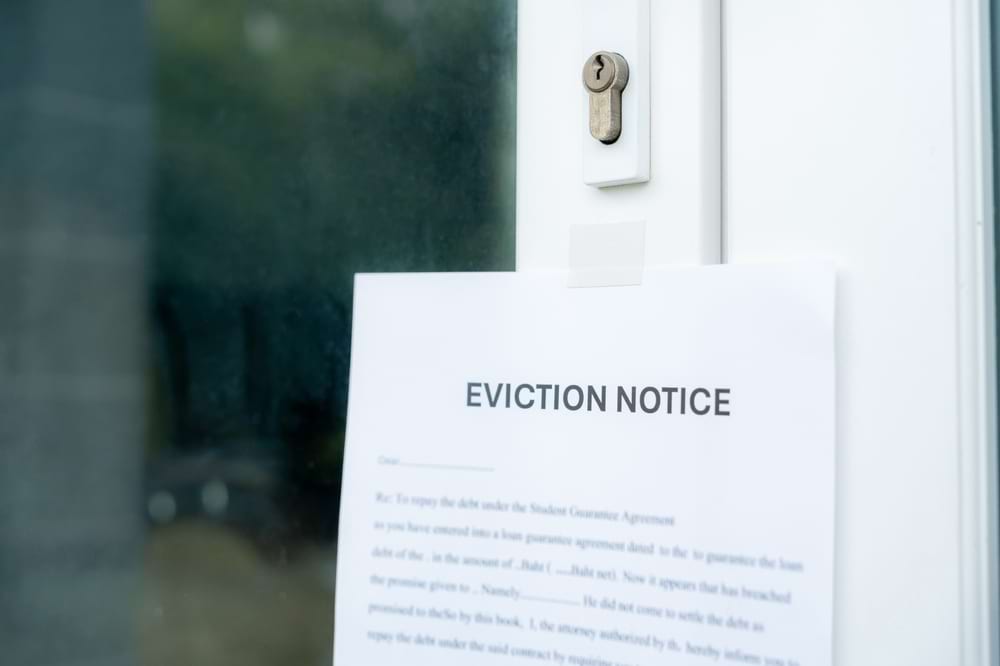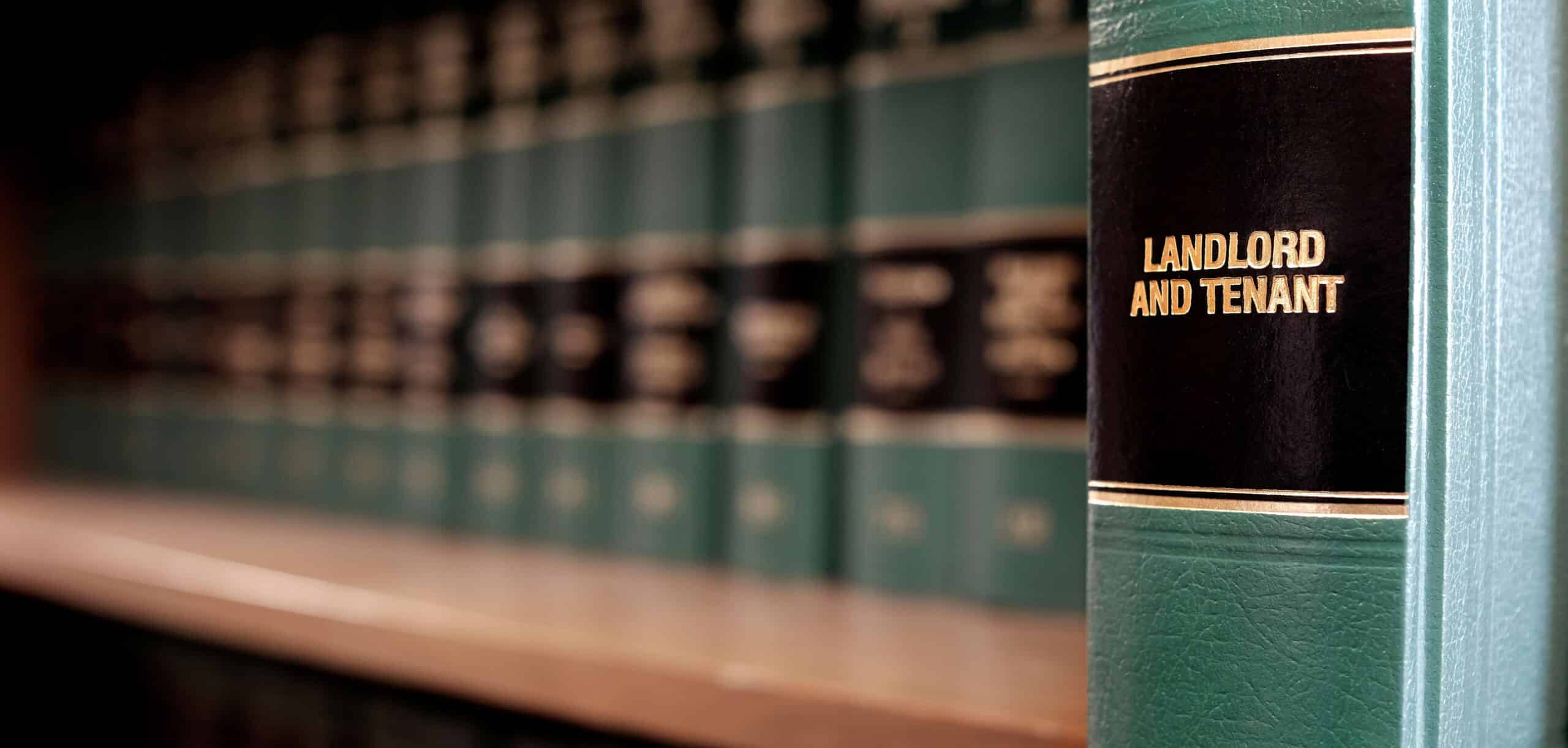The philosopher Bertrand Russell once wrote:
A happy life must be to a great extent a quiet life.
Many people in the UK and – fortunately, the law! – agree with this.
So, if you are currently a tenant or a landlord in the UK, it’s essential to understand the tenant’s right to quiet enjoyment.
So, what exactly is a tenant’s right to quiet enjoyment? And are there exceptions to this rule? Keep reading to find out.
What is a tenants right to quiet enjoyment?
In the UK, every tenant has the legal right to quiet enjoyment (also known as the covenant of quiet enjoyment).
It means they can live in a property without their landlord – or people sent by their landlord – disturbing them.
And it It applies to all tenancies, whether it’s specified in a written agreement or not.
A landlord can keep a set of keys for their property but must ask tenants’ permission to enter it. A few common reasons this happens include:
- Fixing issues
- A regular inspection or maintenance
- Viewings for new tenants (or buyers)
- Emergencies, e.g., a flood or fire.
Even without a written agreement, the right to quiet enjoyment still applies.
Tenants also maintain this right if their fixed-term assured shorthold tenancy ends.
Tenants right to quiet enjoyment and HMO properties
The rules around a tenant’s right to quiet enjoyment are slightly different for a House of Multiple Occupation (HMO).
In these cases, it often only applies to each tenant’s room. After all, in a HMO property, there are communal areas, such as the kitchen or living room.
This means the landlord might still be able to enter these shared communal spaces.
Should tenants have a written agreement about their right to quiet enjoyment?
In the UK, the right to quiet enjoyment is an ‘implied right’ that tenants automatically get.
In other words, they have the right to quiet enjoyment even if they don’t have it in a written agreement.
It’s still worth getting it in writing…
Most legal experts still recommend that tenants get something in writing. It can give them extra protection if their rights are broken.
When tenants sign a tenancy agreement, they should look out for a clause about the right to quiet enjoyment.
If one doesn’t exist, they should ask their landlord about it. The landlord shouldn’t have a problem with putting it in writing.
Is a landlord ever allowed to break the right to quiet enjoyment?
In general, landlords cannot break tenants’ right to quiet enjoyment.
However, there are some circumstances where it can be overridden. Emergencies are a prime example.
There are also instances where tenants have ignored reasonable requests for access to the property.
A tenancy contract might also outline times when a landlord can enter a property, after giving a set amount of notice. Examples include:
- Repairs
- Safety checks
- Hosting a house viewing – especially when a tenancy is ending or a landlord is selling a tenanted property.
Agreements might specify how much notice is legally required for these instances.
How much notice should landlords give before entering property?
The details of this are usually outlined in tenancy agreements. Tenants are entitled to at least 24 hours’ notice – even if the agreement does not state this.
The same applies to any professionals they arrange to visit a property (except in emergencies).
How can tenants find out their rights?
It’s important that tenants find out their rights. Landlords cannot simply do whatever they want, whenever they feel like it.
The UK government website provides a clear outline on tenants’ rights.
It is also important that tenants understand their responsibilities. After all, landlords also have rights.
Some of the primary rights of a tenant include the right to:
- Live in a house that is safe and in reasonable condition
- Receive a deposit back at the end of a tenancy (unless the property has been damaged or other key clauses violated)
- Live there undisturbed
- See a copy of the Energy Performance Certificate
- Be protected from unfair rent or excessively high charges.
Some of these matters are open to debate, so disputes between landlords and tenants sometimes end up in court.
There are extra rights related to serious tenant issues, such as:
- Anti-social behaviour
- Damage or unreasonable neglect of property
- Disobeying clauses or agreements (for example, having pets in a property)
- Rent arrears, disputes or increases.
What should tenants do if landlords break the right to quiet enjoyment?
Tenants can take landlords to court if the landlord breaks their right to quiet enjoyment.
To do this, they must explain how the landlord did this and provide proof of what occurred.
If the breach has caused any damage or inconvenience, the tenant could also seek reparations.
The same applies to other conflicts between the two parties. For example, if landlords have not allowed the use of heating.




















